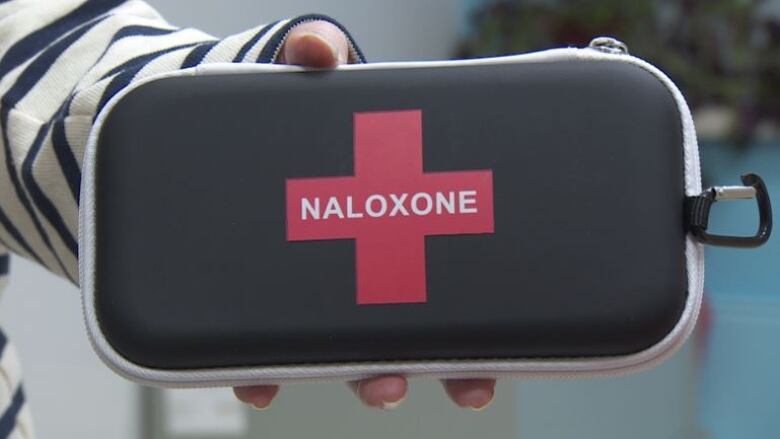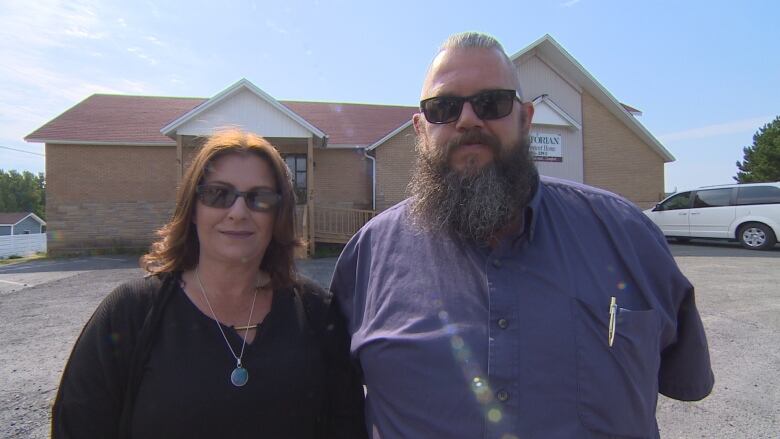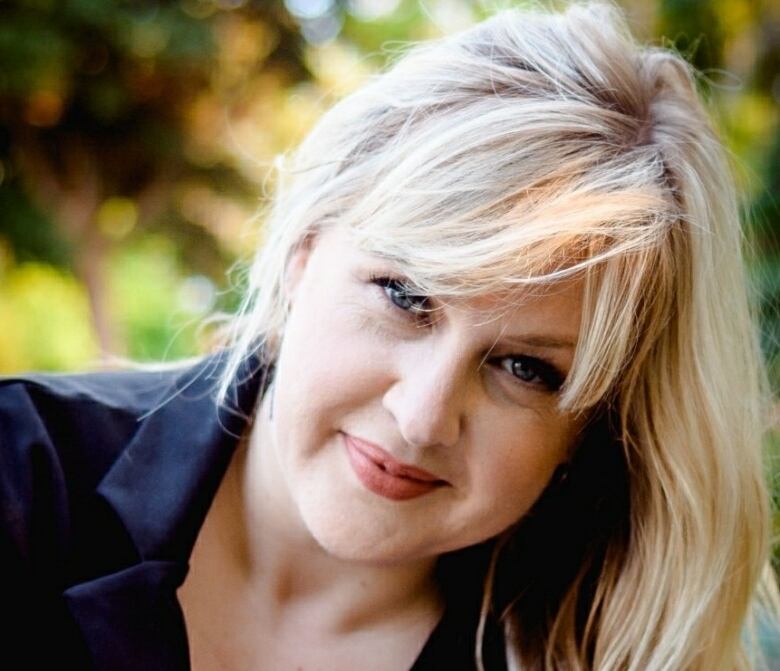Overdoses from tainted drugs more likely in N.L. as street supply dries up, advocates warn
3 overdoses in short span last month leads to caution from police

A dwindling illicit drug supply in Newfoundland and Labrador may have contributed to a recent spate of overdoses, harm reduction workers warn.
These days, "you get whatever you get," explains Emily Wadden, a co-ordinator with the Safe Works Access Program in St. John's. "There isn't that choice there was before."
The RCMP cautioned last month of a "reddish-brown substance" circulating in the Harbour Grace region, where at least three people recently overdosed. Two were treated in hospital, and one person died, police said.
Wadden and other front-line workers say that trend could continue, asthe highly toxic opioid fentanyl trickles into the province a placeonce largely insulated from the contaminated drug supply plaguing parts of western Canada.
"People have been messaging me, saying there's bad drugs out there and you gotta be cautious," said Jeff Bourne, director of theU-Turn Drop-in Centre,an addictions recovery and support groupin Carbonear.
Until toxicology reports come back, Bourne won't know whether the drugs involved in last month's overdoses were tainted, and if so, what they were laced with.An RCMP spokesperson told CBC News on Tuesday that investigators were still waiting for lab results.

But Bourne worries low supply will push people toward other substances or unknown sources when they can't find their drug of choice, increasing the risk that they end up in hospital.
He and other advocates arealso eyeing concerning trends moving east across Canada, pointing out that new concoctions like a batch of counterfeit Dilaudid pills containing isotonitazene, an opioid similar to fentanyl recently flagged by Eastern Health as potentially circulating in Newfoundland and Labrador often arrive in the province weeks or months later.
Benzodiazepines, methamphetamine and powerful synthetic opioids can all have adverse effects when taken unknowingly, Bourne said.
"It's great to get drugs off the streets," he said. "But what's replacing it?"
Reducing risk
Jane Henderson, Eastern Health's harm reduction consultant, said decreased movement throughout the pandemic hasn't spared the illicit drug trade.
"People have been saying that it has been harder to get their substance of choice, and they've had to use something else," Henderson said. "That puts them at risk for an opiate overdose."
She points to several harm-reduction measures someone can take if they're using drugs, such as taking smaller amounts, slowly."Know your substances. Know your drug dealer," she said.

Wadden, too, urges phoning a hotline or friend before taking any substance, despite the stigma attached to drug use."It's embarrassing. It's intimate.It's private," she said. "Alot of people are using alone."
Rapid test strips designed to detect the presence of fentanyl, available from SWAP, are also better than nothing, she said.
Someone overdosing on strong or tainted drugs will also respond to naloxone, an inhaled or injectable medication that temporarily reverses the effects of an opiate.
Bourne says he handed out eight naloxone kits in the 24 hours following last month's overdoses a prevention method he says is still plagued by beliefs that the kits enable drug use.
"They're going to use anyway," he said. "At least if you have a kit and your loved one overdoses, then you have something on hand."
Safe supply?
But the most significant prevention method of all, for harm reduction activists across the country, is a safe and regulated supply of drugs like morphine, heroin or cocaine.
"Instead of street drugs, you'd be getting it from a psychiatrist," Wadden explained.
"What is the difference between shovelling out antidepressants and shovelling out morphine and Dilaudid? There's a dependency component in both of them."
Getting those substances prescribed by a doctor or through a safe supply program, such as the one inVancouver's Crosstown Clinic,ensurespeople dealing with dependency and addictionwill survive to see another day.
"It's formalized as medication," Wadden said.
"You know what you're taking. It guarantees safety and it saves lives."
Naloxone kits are free in Newfoundland and Labrador and can be obtained by calling SWAP at709-757-7927 or 811. The national overdose prevention hotline (1-888-688-6677) offers remote oversight for people while they use drugs.












_(720p).jpg)


 OFFICIAL HD MUSIC VIDEO.jpg)
.jpg)



























































































